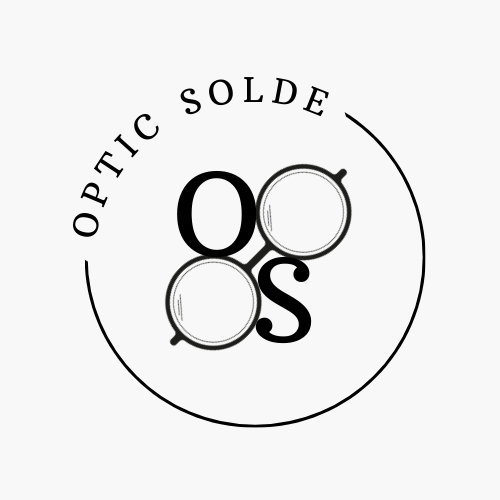Digital Eye Strain: The Importance of Blue Light Blocking Glasses
In today’s digital age, it is becoming increasingly common for individuals to spend extended periods of time in front of screens. Whether it’s for work, school, or leisure activities, the prolonged exposure to digital devices can lead to a condition known as digital eye strain. This phenomenon, also referred to as computer vision syndrome, is characterized by a range of uncomfortable symptoms such as eye fatigue, dryness, blurred vision, and headaches. To mitigate these issues and protect our eyes, many experts recommend the use of blue light blocking glasses. In this article, we will explore the importance of blue light blocking glasses and how they can alleviate digital eye strain.
The Effects of Blue Light on Eyes
Subheading 1: Understanding the Problem
Blue light is a short-wavelength, high-energy light that is emitted by many digital screens, including smartphones, computers, tablets, and televisions. While it is a natural component of sunlight and helps regulate our circadian rhythm, prolonged exposure to artificial blue light can have adverse effects on our eyes. When we stare at screens for extended periods, our eyes do not blink as frequently, leading to dryness. Additionally, the blue light emitted by screens scatters more easily than other types of light, causing eye strain and fatigue. Over time, these effects can contribute to the development of digital eye strain.
Subheading 2: The Role of Blue Light Blocking Glasses
Blue light blocking glasses feature lenses that are specially designed to filter out or absorb a significant portion of blue light emitted by digital screens. By wearing these glasses, individuals can limit their exposure to blue light and reduce the risk of developing digital eye strain.
The Benefits of Blue Light Blocking Glasses
– Reduction of Eye Strain: Blue light blocking glasses alleviate the symptoms associated with digital eye strain by decreasing the amount of blue light reaching our eyes. They help to reduce eye fatigue, dryness, and blurred vision, making it easier to maintain focus and work comfortably for longer periods.
– Improved Sleep Quality: The use of blue light blocking glasses in the evening or before bedtime can aid in improving sleep quality. Blue light exposure in the evening can disrupt the body’s natural production of melatonin, which is responsible for regulating sleep patterns. By limiting blue light exposure, these glasses can help ensure a better night’s sleep.
– Protection from Potential Eye Damage: Prolonged exposure to blue light can damage the retina, leading to long-term vision problems such as macular degeneration. Blue light blocking glasses act as a shield, decreasing the risk of retinal damage and preserving overall eye health.
Bullet List: Tips for Choosing Blue Light Blocking Glasses
– Look for glasses that block a high percentage of blue light, ideally around 80% or more.
– Consider glasses with an anti-reflective coating to reduce glare, which can contribute to eye strain.
– Ensure that the glasses fit properly and comfortably, as ill-fitting frames can cause discomfort and hinder efficacy.
– Consult with an eye care professional to receive recommendations tailored to your specific needs and vision requirements.
– Opt for glasses that are stylish and align with your personal preferences, as this can increase the likelihood of regular usage.
In conclusion, the increasing prevalence of digital eye strain necessitates proactive measures to protect our eyes. Blue light blocking glasses have emerged as an effective solution to mitigate the discomfort and potential long-term damage caused by prolonged screen exposure. By reducing eye strain, improving sleep quality, and safeguarding against potential eye damage, these glasses serve as a valuable tool in maintaining healthy vision in the digital era.
